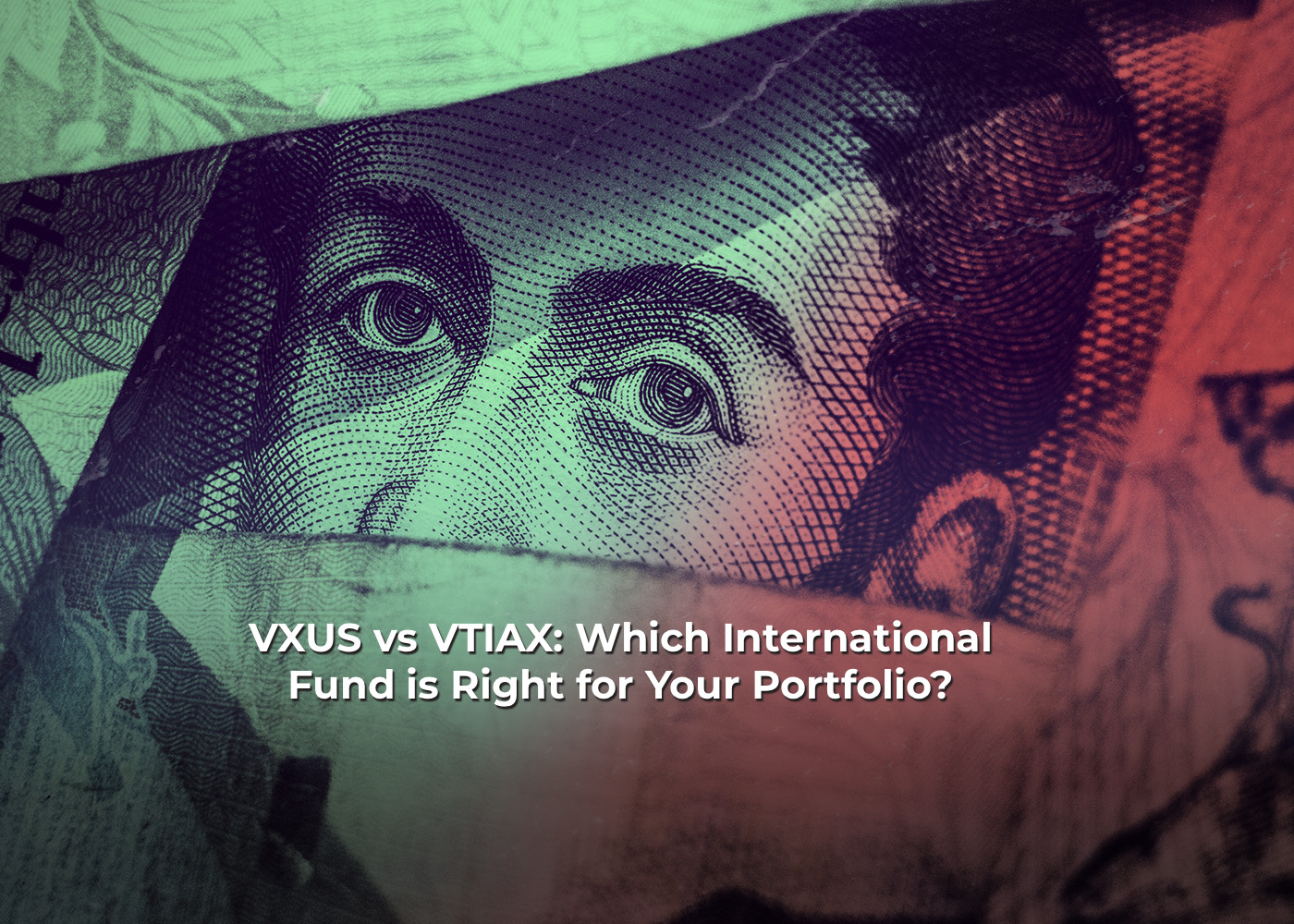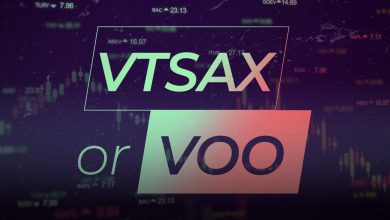VXUS vs VTIAX: Which International Fund is Right for Your Portfolio?

Founded in 1975, Vanguard is recognized as the most successful mutual fund provider in the entire world. It is basically the largest mutual fund provider in the world by volume, following BlackRock’s iShares. At the same time, it would not be wrong to say that Vanguard is the second largest exchange-traded fund provider in the world. For this reason, it is often possible to see Vanguard products when it comes to fund comparisons around the world. In this content, we will compare VXUS vs VTIAX.
We will discuss the differences and similarities between Vanguard Total International Stock ETF (VXUS) and Vanguard Total International Stock Index Fund Admiral Shares (VTIAX), which are two popular international funds with general characteristics.
Our main goal is to help investors decide which fund is more suitable for their portfolios. Therefore, during our review, we will also compare the performance, assets, management, fees, diversification, and other aspects and advantages of these two funds.

General Information About VXUS and VTIAX
VXUS vs VTIAX are among the most frequently compared funds. In general, they are international funds designed to allow investors to invest broadly in non-US stocks.
VXUS is an exchange-traded fund designed to track the performance of the FTSE Global All Cap ex U.S. Index. As of press time in September 2021, VXUS has total assets of $38.8 billion and an expense ratio of 0.08%.
VTIAX is a mutual fund designed to track the performance of the same index as VXUS. As of September 2021, VTIAX has total assets of $420.1 billion and an expense ratio of 0.11%. It is often criticized for its relatively high expense ratio.
Performance Comparison of Funds
When comparing the track records of VXUS and VTIAX, we will look at their returns, risk and volatility. Since both funds track the same index, their performance records are quite similar. However, small differences in expense ratios and fund structures (ETF vs. mutual fund) can contribute to small differences in returns, risk and volatility.
The holdings of VXUS and VTIAX are broadly similar, as both funds seek broad exposure to non-US equities by tracking the same index. The main holdings of both funds include well-known international companies such as Alibaba, Tencent and Nestlé.
Sector and geographical allocations are also similar for both funds. This is because both funds aim to invest broadly in international stocks in different regions and sectors.
General Information on Fees and Management Options
Both VXUS and VTIAX are managed by Vanguard, a well-respected asset management firm known for its low-cost index funds. VTIAX has a slightly higher expense ratio of 0.11% compared to VXUS’ 0.08% expense ratio, which may have a negligible impact on the funds’ long-term performance.
Investing in international funds such as VXUS and VTIAX can provide diversification benefits to a portfolio by providing exposure to stocks outside the United States. This can help reduce risk and boost returns over the long term. However, investors should be aware of the risks and rewards associated with investing in international funds, including currency risk, geopolitical risk and different degrees of economic growth in different regions.
Which Fund Should You Choose?
When deciding between VXUS and VTIAX, investors should consider factors such as investment objectives, risk tolerance and overall portfolio allocation. Furthermore, the choice between an ETF (VXUS) and a mutual fund (VTIAX) can be influenced by factors such as trading flexibility, tax implications and minimum investment amounts.
As a result, it is important to keep in mind that multiple variables come into play when it comes to choosing the right fund. For this reason, both VXUS and VTIAX offer broad exposure to non-US equities and have similar historical performance, holdings and management. The main differences between the two funds lie in their costs.




